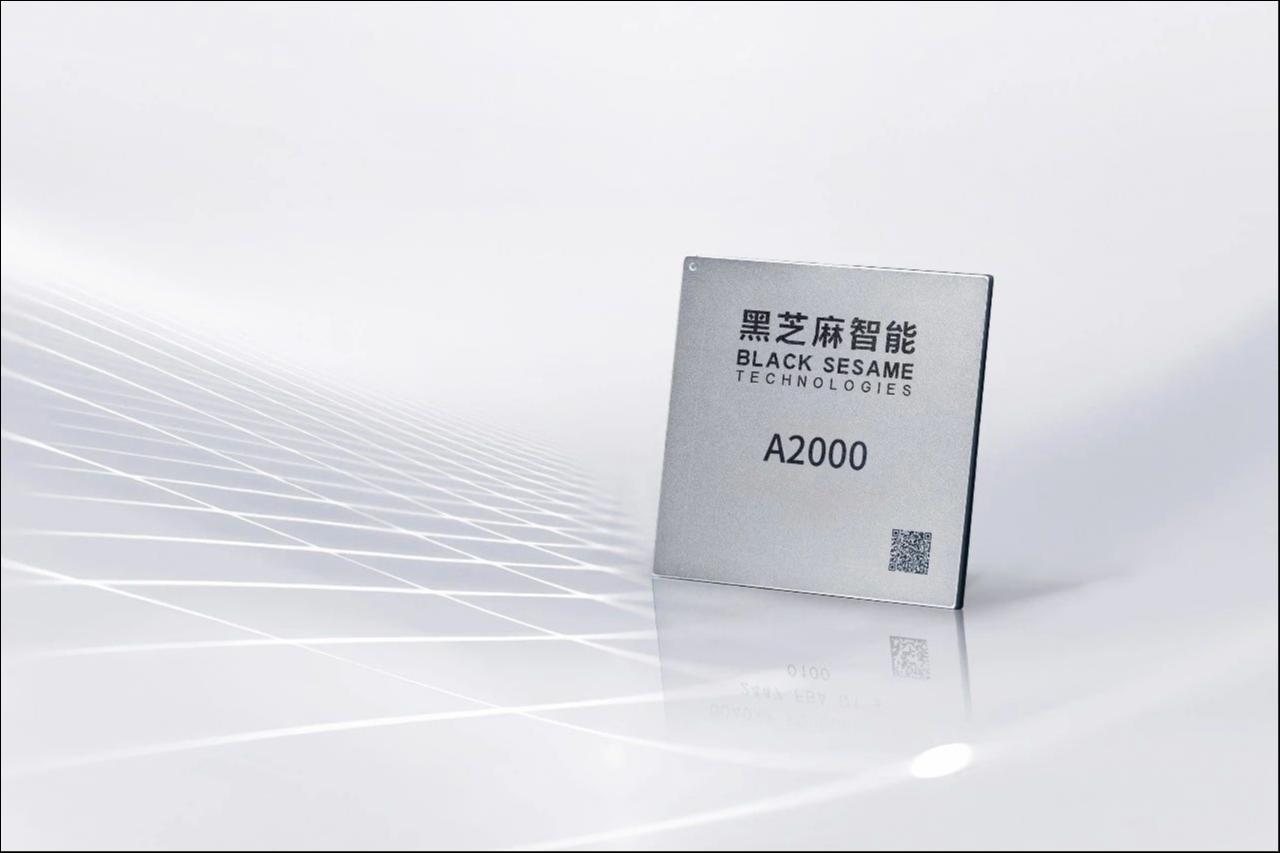AsianFin -- Shares of BYD, a leading Chinese electric vehicle (EV) manufacturer, saw a 20% increase in its Hong Kong-listed stock over the past five sessions, sending its market capitalization to 1.1 trillion HKD (US$ 140 billion). This surge comes as investor excitement grows ahead of an eagerly awaited update on the company’s smart driving technology.
The recent rise in stock value is driven by expectations that BYD will unveil advancements in its autopilot system and introduce enhanced intelligent features in its more affordable vehicles at a special event scheduled for Monday.
A significant breakthrough in BYD’s autonomous driving capabilities could further intensify competition in China’s booming EV market, the largest in the world, where BYD holds a leading position. It may also support the company's expansion into new markets, especially at a time when high tariffs imposed by the European Union and the United States on Chinese EVs are dampening its outlook.
Goldman Sachs analysts wrote in a note that BYD’s rapid progress in autopilot development will significantly impact the market, given its leadership position in the industry. They noted that other players, particularly mass-market brands, are likely to follow suit. The analysts also expect BYD to reveal details about the recent road-test results of its “God’s Eye” autopilot system, along with updates on upcoming model pipelines.
The “God’s Eye” system is a high-level smart driving assistant developed by BYD. What sets it apart is its integration of both pure visual driving solutions and LiDAR (Light Detection and Ranging) technology. In terms of hardware, the system is equipped with various sensors, including LiDAR, millimeter-wave radar, cameras, and ultrasonic sensors. The BYD Yangwang U8 model, for instance, incorporates three LiDAR units, five millimeter-wave radars, twelve ultrasonic radars, and twelve high-definition cameras.
Industry sources confirmed that the system will use chips from Black Sesame Intelligence, a company specializing in automotive-grade autonomous driving chips.
These chips have already entered mass production and are expected to be used in models from BYD’s Tengshi auto. This collaboration not only supports the spread of advanced autonomous driving technology but also signals an increased demand for computing chips within the industry.
The system leverages BYD’s self-developed high-performance driving computing platform. The U8 currently utilizes dual Orin X chips, which offer the highest performance with a computing power of 508 TOPS.
BYD’s DiPilot+ chip, which powers its intelligent driving platform, has already seen the release of versions DiPilot100, 300, and 600, with plans to introduce the DiPilot1000 and 2000 platforms in the future. This development is paving the way for the realization of Level 3 autonomous driving systems.
In early 2025, BYD President Wang Chuanfu said that the company plans to offer high-end smart driving systems as optional configurations for models priced above 200,000 yuan, and as standard for vehicles priced over 300,000 yuan.
Yang Dongsheng, the head of BYD’s New Technology Institute, also hinted that these advanced features would eventually be available for even more affordable vehicles, potentially extending to those priced below 100,000 yuan.
(Note: 1 yuan equals US$ 0.14)

Comments